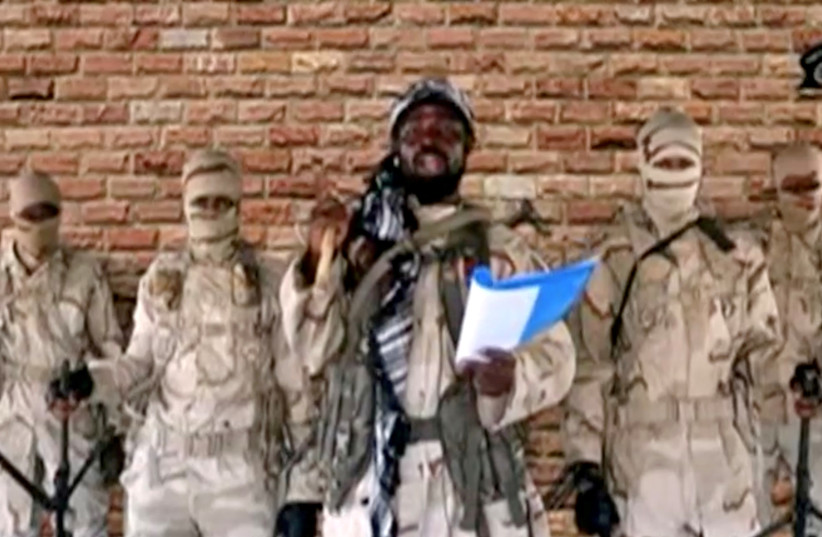Iran’s Tasnim News Agency shed light on Thursday on the role that Iran and its support for Shi’ite Islamic groups may be playing in Nigeria. The website published an interview that Ibrahim Zakzaky gave on TV this week. Zakzaky is a leader of the “Islamic Movement” in Nigeria. He had been detained in Nigeria since 2015 but was recently released, according to reports. Reuters describes him as leader of a banner Shi’ite group. What is interesting here is that Iran’s Tasnim wants to showcase his role now, which appears to lift the lid on growing Iranian interests in spreading its influence in Africa.
What did the report say?
Zakzaky called the “Islamic Movement” the “voice of the Islamic Revolution of Iran in Nigeria" and he “stressed that the movement is witnessing growth and prosperity.” He added that “after the victory of the Islamic Revolution in Iran, we realized that the ideas of this revolution are similar to the ideas of us students at the university."
Nigeria has a large Islamic community, making up around half the country and Nigeria has been plagued by extremists linked to Boko Haram in the last decade. However, the role of pro-Iranian or Shi’ite groups is more complex because Boko Haram is ostensibly rooted in Sunni extremists and linked to groups, like ISIS, that tend to be sectarian and against Shi’ites.
In his discussion, Zakzaky says he was once a student of economics and attended Islamic meetings, and he promoted the teachings of Islam. "When we were at the university, we had Islamic activities. I was in prison for nine years, seven of which were in the 1980s. They were harassed and harassed.” He claims his house was raided and children killed in the past by authorities. "My wife was injured in that attack and the bullet has not left her body yet. She also has a bullet in my body and I suffer from low vision….We are still living under the supervision of the authorities and we are not allowed to talk about the attacks on us."

He says that injuries suffered in a past raid by security forces now require foreign treatment. “After our release from prison, we asked for a passport." He described the “message from Imam Hussein” in his discussion and that he observes the Shi’ite ceremonies of Ashura and Arbaeen. “Blood is victorious over the sword,” he said.
He also discussed what he claimed were attacks on Shi’ites in Nigeria. "What happened in Abuja was the attack of the country's officials on the symbolic marches for the resurrection of Imam Hussein…we will announce the exact statistics soon. Of course, some of those killed were not people present at the march, but passers-by.” The incident refers to a recent killing of Shi’ites in the capital of Abuja. Shi’ites are frequently targeted by extremists in places like Pakistan, Afghanistan and elsewhere. Authorities in Nigeria claim that the police were not involved in attacks in Abuja and that in fact the police had cracked down on a banned Shi’ite Muslim group, arresting 57 people.
The Sheikh said that it was important for his followers to be on the “path of Jihad,” although it was not clear what he meant by this. He compared his struggle to that of Nelson Mandela, the South African civil rights leader.
What is interesting here is that Iran’s media is taking a greater interest in Shi’ites in Nigeria and this may be part of a process of seeking more recognition for groups that are inspired by Iran’s 1979 revolution. Groups like Hezbollah already operated in West Africa.
